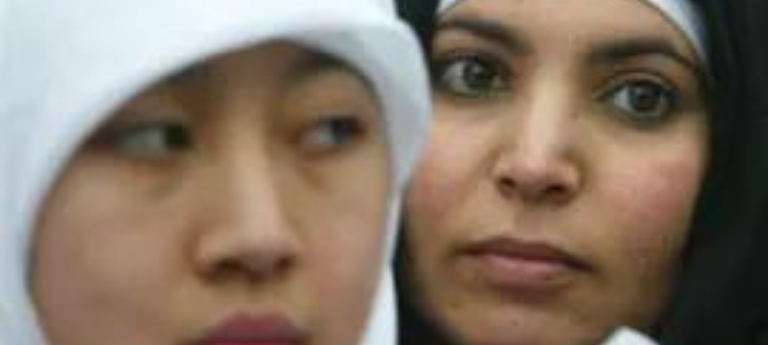The decision was made following months of discussion about the wearing of abayas in French schools, where women have long been prohibited from donning the hijab.
Ahead of the start of the new school year, France’s education minister announced that children will not be permitted to attend state-run schools while wearing the abaya, a loose-fitting, full-length robe worn by some Muslim women.
Since 19th-century laws eliminated any traditional Catholic influence from public education, France has strictly prohibited religious signs in state-run schools and has struggled to modernize regulations to deal with a growing Muslim minority.
French public schools do not permit the wearing of large crosses, Jewish kippas or Islamic headscarves.
In 2004, the country banned headscarves in schools, and in 2010, it passed a ban on full face veils in public, angering many in its five million-strong Muslim community.
Education Minister Gabriel Attal stated in an interview with TV channel TF1 that “I have decided that the abaya could no longer be worn in schools.” “You shouldn’t be able to tell a student’s religion just by looking at them when you walk into a classroom.”
The decision was made following months of discussion regarding the wearing of abayas in French schools, where women have traditionally been prohibited from donning the hijab.
The ban had been promoted by the right and extreme right, who claimed it would violate civil liberties.
Abayas, in contrast to headscarves, were in the gray area and had not yet been outright prohibited.
Clothing alone is not “a religious sign,” according to the French Council of Muslim Faith (CFCM), a national organization that represents numerous Muslim associations.
Defending secularism is a rallying cry in France that resonates across the political spectrum, from left-wingers upholding the liberal values of the Enlightenment to far-right voters seeking a bulwark against the growing role of Islam in French society.
SOURCE: ALJAZEERA






